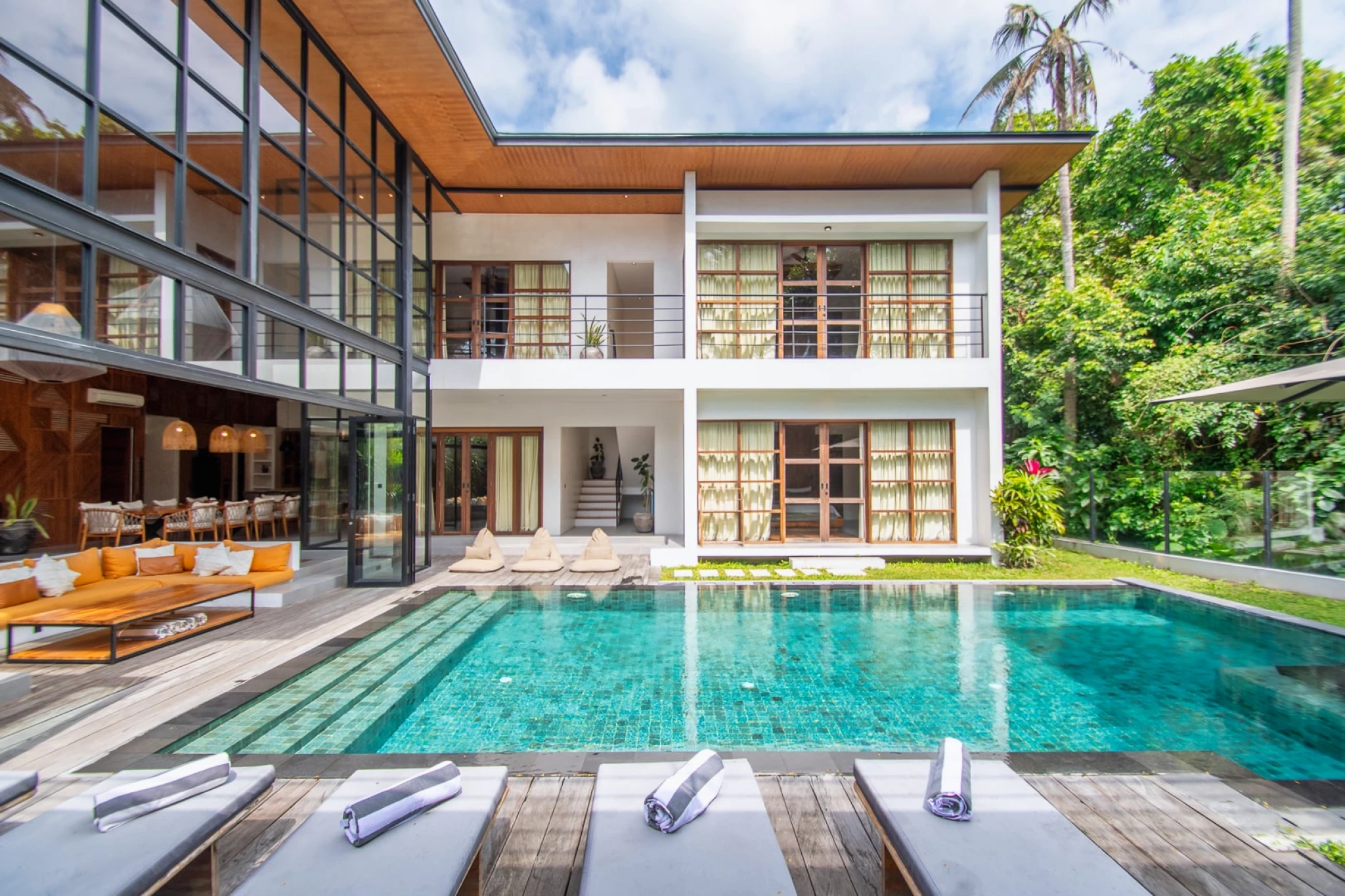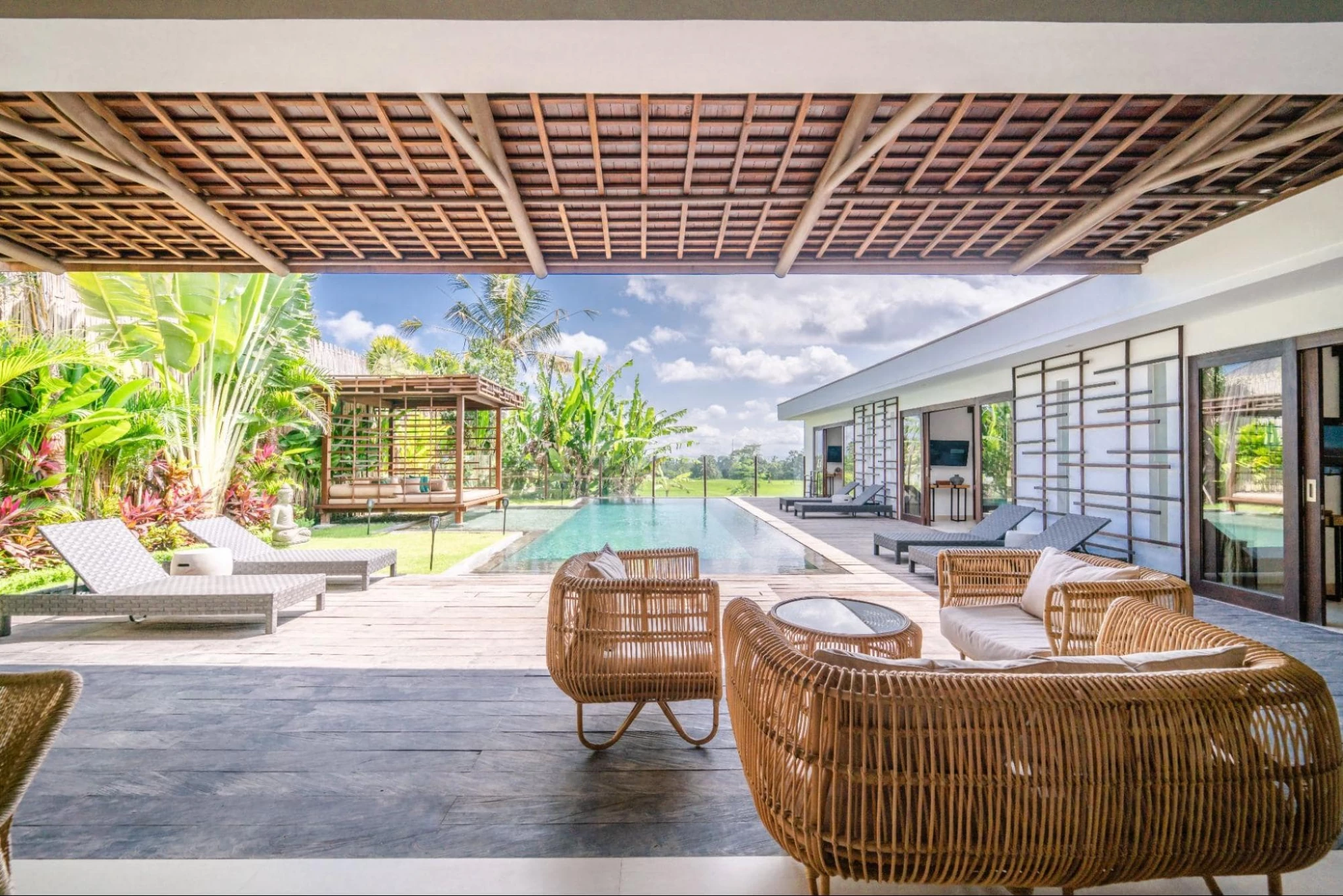Investissement Villa Bali
Oct 13, 2025
bali’s 2025 construction ban: what it means for property investors and the island’s future
In a landmark move to tackle overdevelopment and preserve the island’s natural charm, the Balinese government has officially announced a ban on new hotels, villas, and restaurants across key regions starting October 2025.
The policy, described as a development moratorium, could last up to 10 years — marking one of the most significant shifts in Bali’s real estate and tourism landscape in decades.
Why the Ban Was Introduced
Bali’s rapid growth has brought prosperity but also serious challenges. Overcrowding, frequent flooding, loss of rice fields, and environmental degradation have sparked concerns among both locals and officials.
To restore balance, the government is halting new construction projects in order to:
Protect agricultural lands from being converted into commercial sites
Reduce over-tourism and environmental pressure
Promote sustainable and cultural tourism instead of mass development
Align with Bali’s 100-year sustainability plan
Which Areas Are Affected
The construction freeze will primarily target high-density regions including:
Further discussions indicate it may extend to productive agricultural zones in Jembrana, Buleleng, Bangli, Karangasem, and Klungkung.
This means that while southern Bali — long the center of tourism and villa development — will see tighter restrictions, emerging areas in the north and east may attract new investment interest.
How Long Will It Last?
Officials have proposed a 10-year moratorium, though the final duration will depend on environmental and economic progress. During this period, Bali aims to refocus development on quality over quantity, improving infrastructure and upgrading existing facilities rather than adding more.
What It Means for Property Investors

While this ban restricts new developments, it could increase the value of existing properties — especially villas, hotels, and commercial spaces already licensed and operating.
With no new competition entering the market, demand for existing assets is likely to rise, particularly in prime locations such as Canggu, Seminyak, and Ubud.
This shift could make 2025 a pivotal moment for investors looking to secure property before supply tightens further.
Toward a Sustainable Future

Bali’s moratorium represents a broader vision: a cleaner, greener, and more culturally authentic island. The government’s focus is no longer on expansion, but on restoring balance between tourism and nature.
For property owners, developers, and investors, this is a call to adapt and align with Bali’s sustainable future, one built not on quantity, but quality.
At Kibarer Property, we continue to monitor how the moratorium will shape Bali’s real estate market.
If you’re considering investing in existing villas or operational properties, now may be the ideal time to act.
Contact our team to explore exclusive listings and secure your place in Bali’s evolving property landscape.